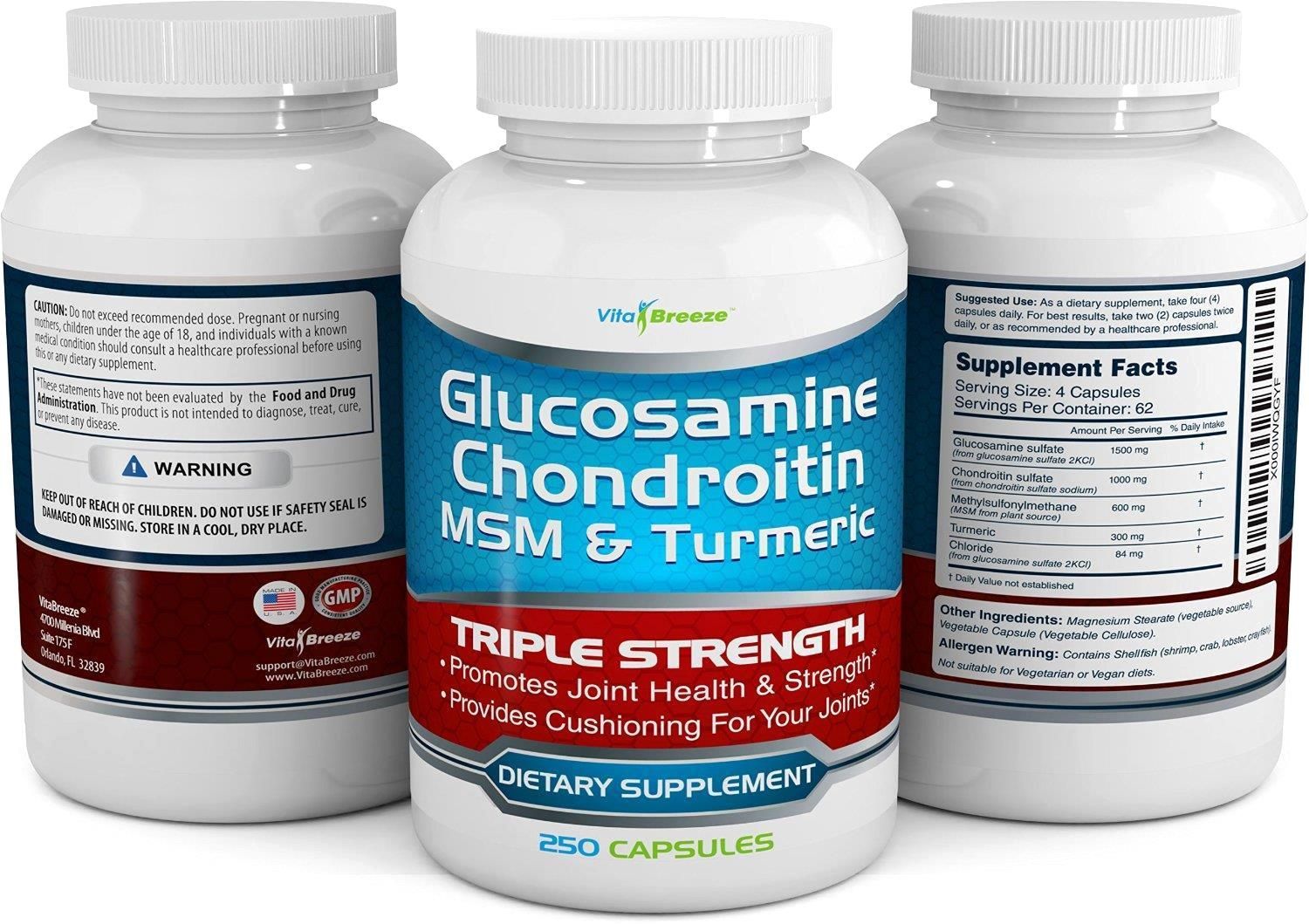Introduction
Glucosamine supplements have gained popularity in recent years for their potential benefits in promoting joint health. As a naturally occurring compound found in the human body, glucosamine plays a vital role in the formation and repair of cartilage, the flexible tissue that cushions the joints. In this comprehensive guide, we will explore the potential benefits of glucosamine supplements, including their effects on joint pain, osteoarthritis, inflammation, and overall joint mobility. We will also discuss the different types of glucosamine supplements, dosage recommendations, possible side effects, and important considerations when using these supplements.
Relieves Joint Pain and Discomfort
One of the primary benefits of glucosamine supplements is their potential to alleviate joint pain and discomfort. Osteoarthritis, a common degenerative joint disease, often leads to the breakdown of cartilage and subsequent joint pain. Glucosamine has been found to stimulate the production of cartilage components, such as glycosaminoglycans and proteoglycans, which help to maintain the integrity of the joint. By replenishing the body’s glucosamine levels, these supplements may help reduce joint pain and improve overall joint function.
Supports Joint Health and Osteoarthritis Management
Glucosamine supplements have shown promise in managing osteoarthritis, a chronic condition characterized by joint degeneration. Research suggests that glucosamine may slow down the progression of osteoarthritis by inhibiting the enzymes that contribute to cartilage degradation. Additionally, glucosamine may help reduce inflammation in the joints, providing further relief from symptoms. While more research is needed, several studies have demonstrated the potential benefits of glucosamine in improving joint health and managing osteoarthritis.
Aids in Cartilage Repair and Regeneration
Cartilage, a tough and flexible connective tissue, acts as a cushion between bones and enables smooth joint movement. Over time, cartilage can wear away, leading to joint pain and stiffness. Glucosamine is a fundamental building block for cartilage synthesis, and supplementing with glucosamine may support the repair and regeneration of damaged cartilage. By providing the necessary nutrients, these supplements may help enhance the body’s natural ability to rebuild and maintain healthy cartilage.
Reduces Inflammation and Supports Joint Mobility
Chronic inflammation is a common factor in many joint-related conditions, including osteoarthritis. Glucosamine has shown potential in reducing inflammation in the joints by inhibiting certain inflammatory mediators. By doing so, it may help relieve pain and swelling, thus improving joint mobility and flexibility. While glucosamine is not a substitute for medical treatment, it can be a complementary addition to a comprehensive approach to managing joint health.
Enhances Synovial Fluid Production
Synovial fluid is a thick, viscous fluid that lubricates and nourishes the joints, providing smooth movement and reducing friction. Glucosamine supplements have been found to increase the production of synovial fluid, which helps maintain joint function and mobility. By promoting synovial fluid production, glucosamine may contribute to better joint lubrication and reduce joint stiffness.
Types of Glucosamine Supplements
There are different forms of glucosamine supplements available, including glucosamine sulfate, glucosamine hydrochloride (HCl), and N-acetyl-glucosamine (NAG). Glucosamine sulfate is the most commonly used form and is often derived from shellfish. Glucosamine HCl is another popular option, particularly for individuals with shellfish allergies, as it is typically sourced from corn. N-acetyl-glucosamine is less commonly used but may have additional benefits, particularly for digestive health.
Dosage Recommendations and Safety
Glucosamine supplements are generally considered safe for most individuals when taken as directed. The typical dosage ranges from 1,500 to 2,000 mg per day, divided into two or three doses. It is essential to follow the instructions on the product label or consult a healthcare professional for personalized dosage recommendations. It’s worth noting that glucosamine supplements may interact with certain medications, such as blood thinners, and may not be suitable for individuals with certain medical conditions. It is important to discuss with a healthcare provider before starting any new supplement regimen.
Potential Side Effects and Considerations
While side effects from glucosamine supplements are rare, some individuals may experience mild gastrointestinal symptoms such as nausea, diarrhea, or stomach upset. These effects are typically temporary and resolve on their own. People with diabetes should exercise caution as glucosamine may affect blood sugar levels. Individuals with shellfish allergies should opt for glucosamine HCl or N-acetyl-glucosamine supplements. Pregnant or nursing women, as well as children, should consult with a healthcare professional before using glucosamine supplements.
Conclusion
Glucosamine supplements offer potential benefits for promoting joint health, relieving joint pain, and managing conditions such as osteoarthritis. By supporting cartilage repair, reducing inflammation, and enhancing joint mobility, these supplements can be a valuable addition to a comprehensive approach to joint care. However, it is crucial to consult with a healthcare professional before starting any new supplement regimen, especially if you have underlying medical conditions or are taking medications. With the right guidance and appropriate use, glucosamine supplements may provide relief and contribute to better joint health and overall well-being.
- Benefits of Glucosamine Supplements - November 6, 2023
- Benefits of Reishi Functional Mushrooms: A Comprehensive Guide - November 6, 2023
- The Comprehensive Guide on Benefits of Vitamin A - July 13, 2023



